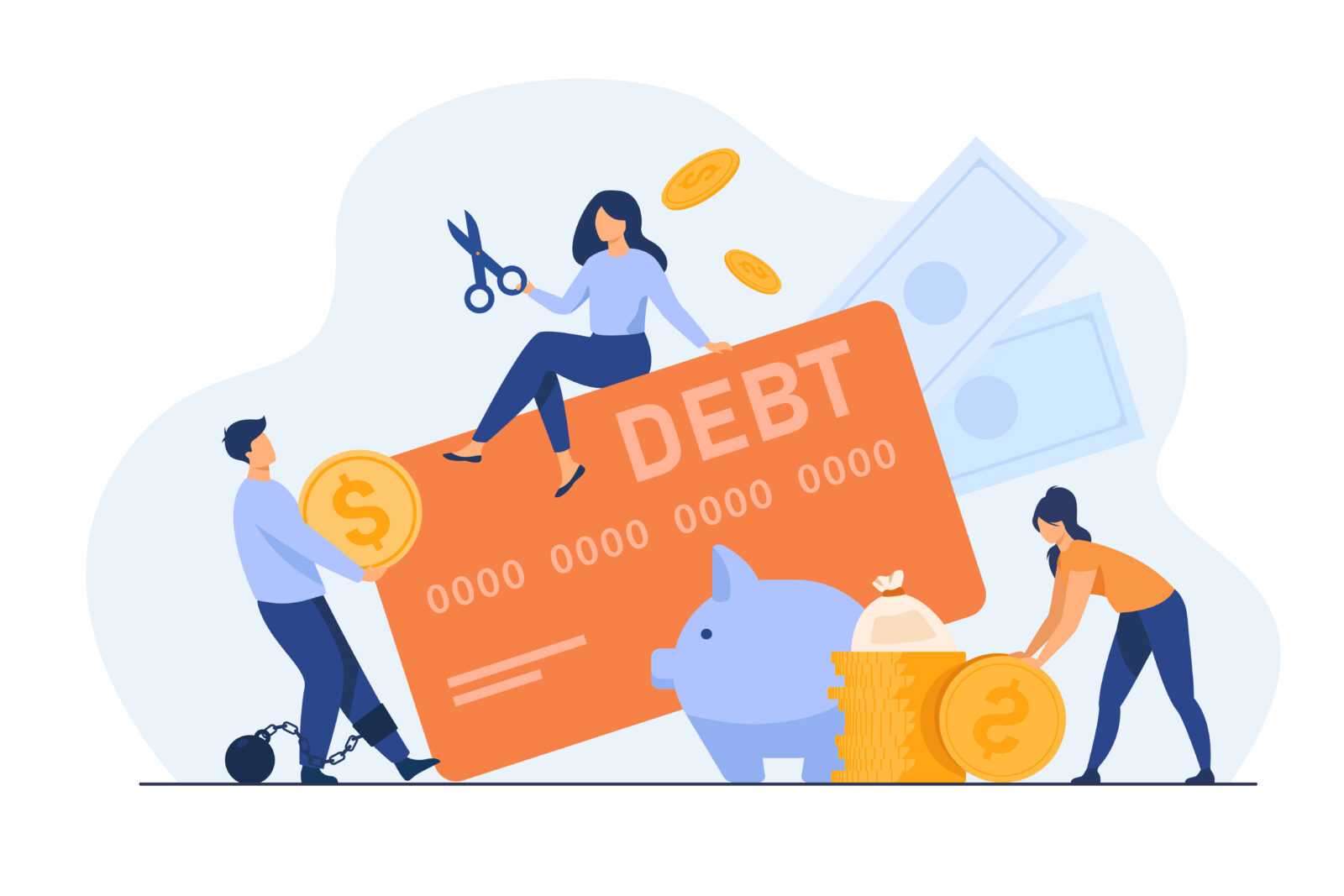
⠀
The problem of any credit institution is that they do not know all the obligations of the client. When you apply for a loan, you fill in your obligations, all home loans, leases and other "debts". And that's what happens if you don't fulfill any obligation.
⠀
Tricky loophole
At its core, the answer may be "nothing". If, for example, the leasing taken last year is not indicated and it is not reflected in any way in your statement provided to the bank, the bank will not know about it and will not take this into account when calculating solvency. Of course, it is important to say that when filling out the application, all the necessary assurances are given on your part that the information is complete and reliable, and here is the “but” in this “nothing will happen”. If in any way details are revealed about the concealment of information or about its inaccuracy, then the consequences can be quite sad and it will all end with the return of the entire loan amount + penalties and legal proceedings against the creditor, but in practice I have seen people who fully use such loopholes of the imperfection of the system .
What happens when debts are not paid?
I used to think that debtors had a very difficult life. It turned out that the reality is quite different. For example, even if you have been filed against inkasso for an unpaid parking debt, you should not immediately panic. In general, in fact, inkasso is nobody and nobody. It is just a private organization-company that uses the past term in the minds of the people, signifying a sinister organization that knocks people out of debt by any legal or illegal means. In the European Union, this is not the case at all. Here, the only lever they use is the distribution of evil e-mail'ov and calls. The only legal way to get money from them is to either get a direct account transfer or sue and win. I will say right away that in 90% (my subjective assessment) of cases they do not deal with the latter if we are dealing with a small amount of debt (up to 1000 euros). The court, it is very expensive, long and not the fact that everything was observed within the framework of the law and no mistake was made anywhere in the contract or in the notification. Their business case is in the following situations - a bank or a credit institution has a portfolio of debtors with a balance of 10 euros, for example. The bank resells the inkasso debt (yes, debts can be resold) for 000 euros. Inkasso sends the first e-mails to all debtors and gets back almost immediately 2 euros (because everyone's blood runs cold from one word inkasso). After that, inkasso will make a series of calls to the others who have not returned the money after e-maila and get another 000 euros. On this, all the actions of inkasso almost stop, unless there is still some profitable debtor, which can be pressed in some other way.
My history
Of course, inkasso acts very unpleasantly. Some time ago I sold my car and a year later a nasty woman from Creditreform contacted me and said that I had a parking debt on this car and I had to pay it urgently or they would start a prosecution. The tone with which she called deserves a separate topic and politeness in her voice was simply not to be found. At these moments, you think about who these people who work in such a call center are? What's going on in their head? They must be a little ill, or have mental traumas that would somehow explain the bile splashing out the other end of the telephone wire. In my situation, the debt was not mine, but the debt of the new owner, who did not pay for parking, but the woman was not interested in this from the word at all and continued to yell into the phone that I should return the money to this holy organization. In order for the woman to fall behind, I sent her a contract of sale with hidden data, indicating the sale of this car, and after I threatened her with the GDPR and prosecution on the basis of illegal use of my data, the calls stopped. But I can definitely say that their actions are about illegal.
Crediitiinfo
In Estonia, indeed, in addition to the measures described above, it makes no sense to beat out small debts and offenses. Moreover, there is no state register of debtors. There is only one where to get, really, it's unpleasant creditinfo. The register, organized by banks, but its purpose, in principle, is only one, to notify the following players of possible risks.





Extremely useful article! It is necessary to destroy the well-established fear of people before the collection!
I would add a paragraph to the article about winding up the percentage of penalties (viivis), which is often three times higher than that established by law!
Thank you!
Thank you! Penalties cannot be higher than the established debt. So yes, there is also a lot of confusion with the penalties.